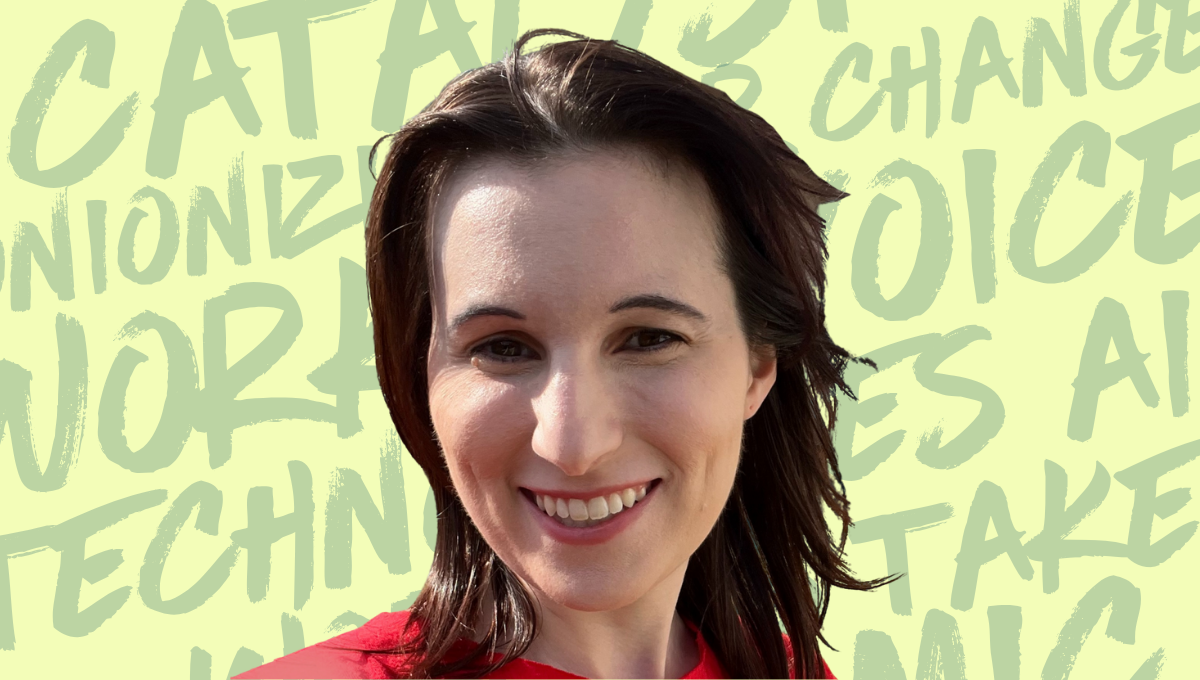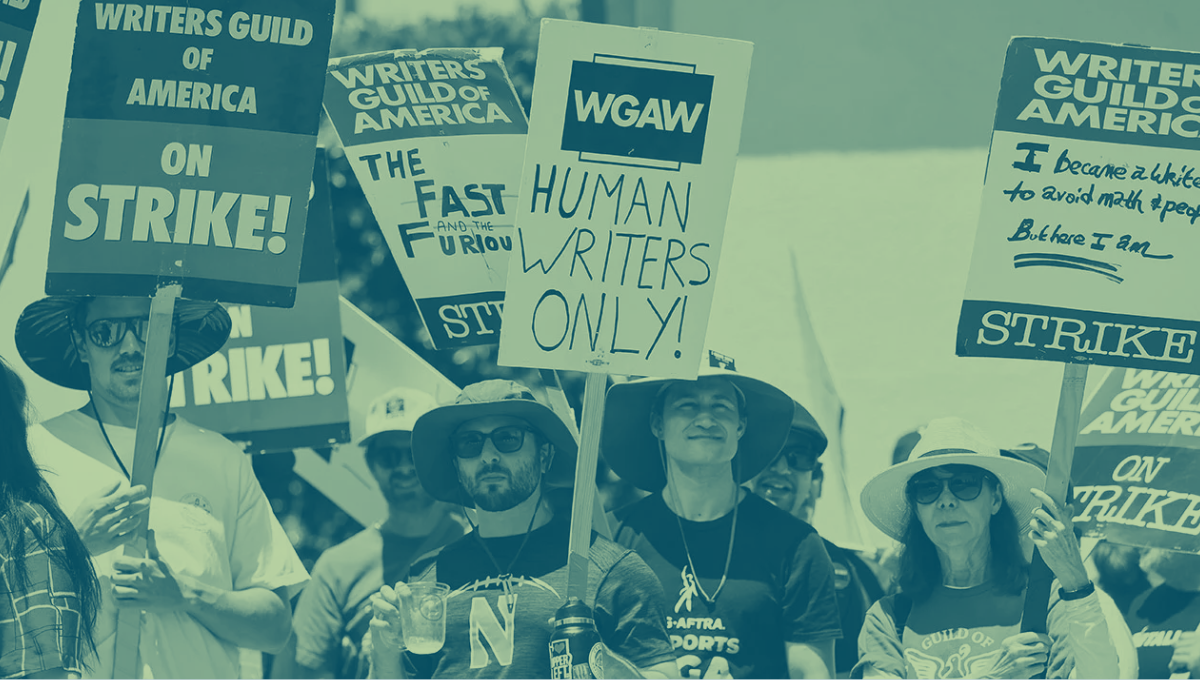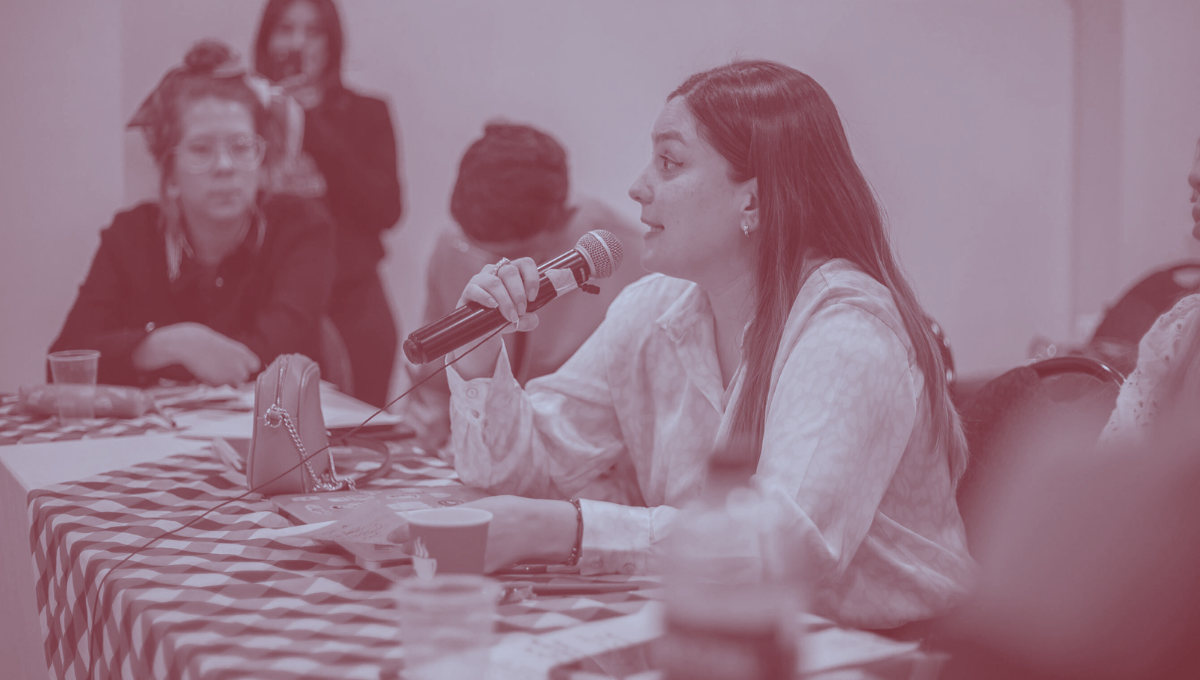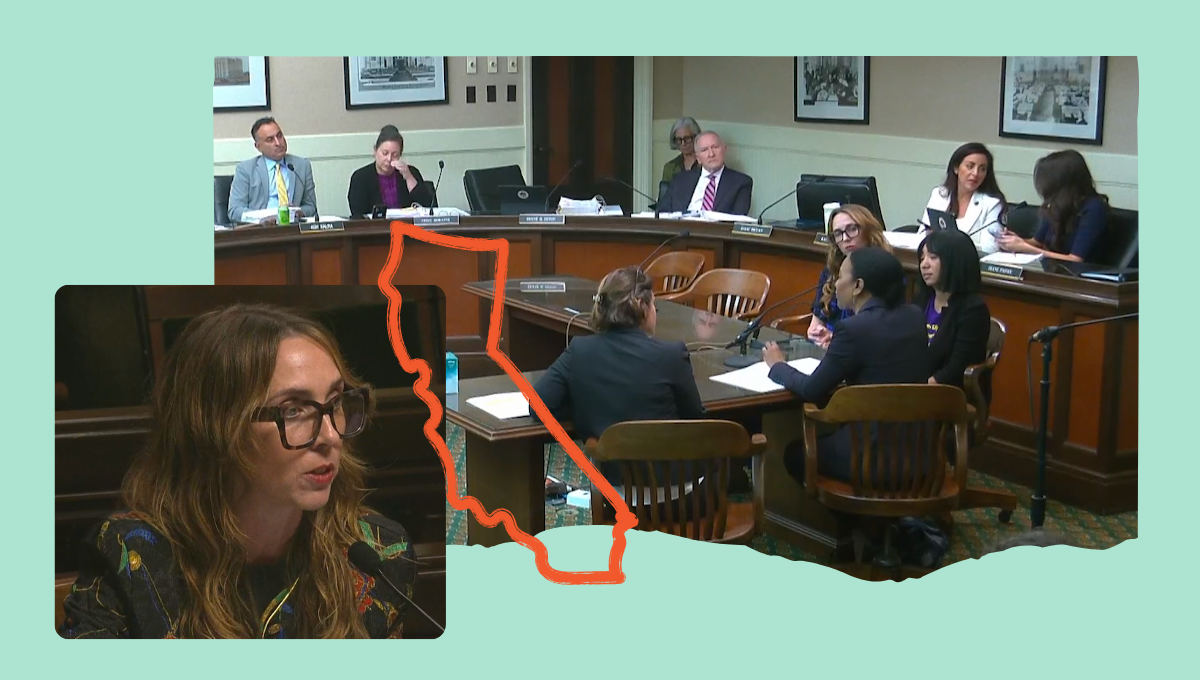Tech Workers, Let’s Get to Work
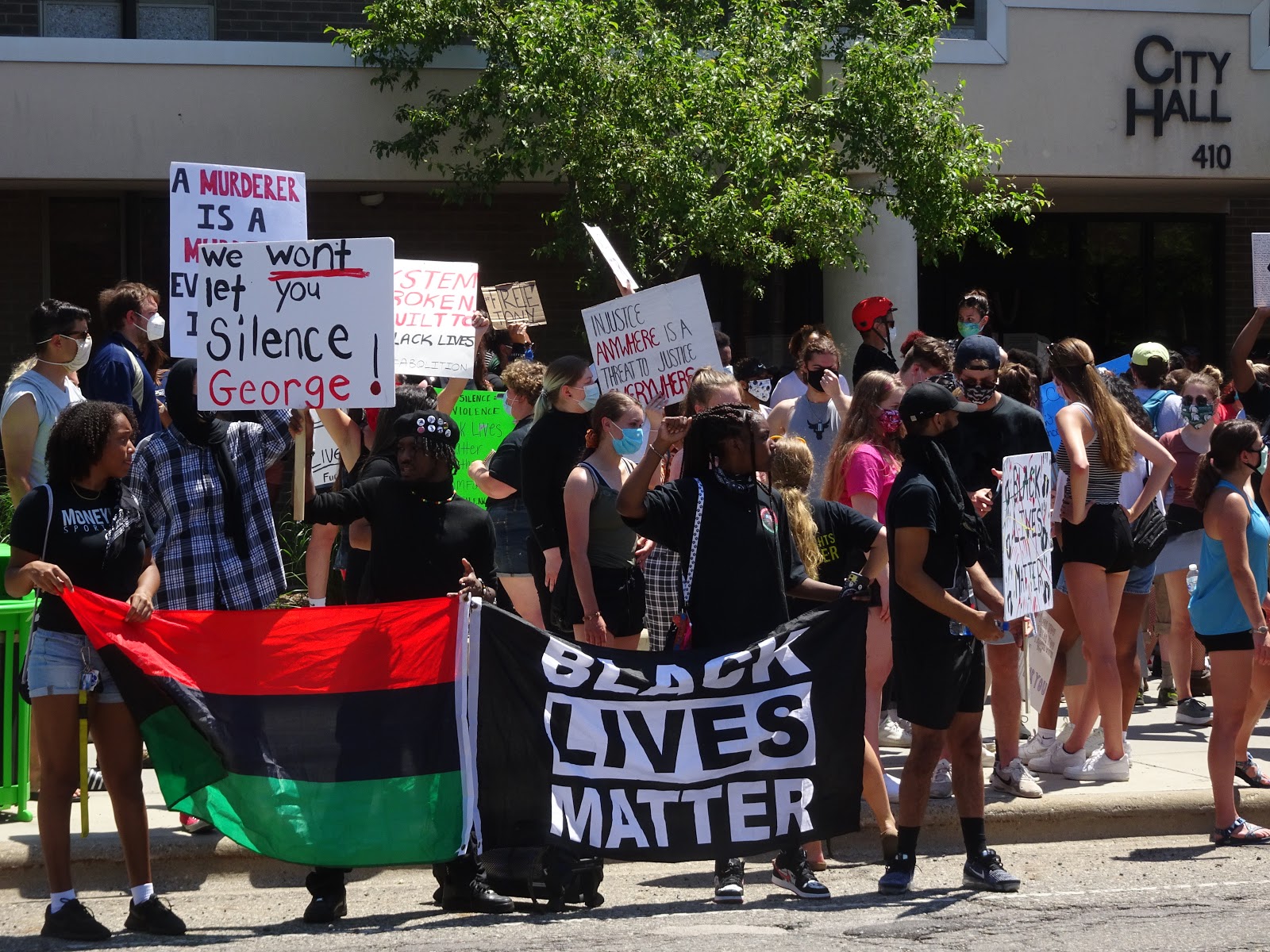
[Content warning: Black death, Black trauma]
Last week was a horrific demonstration of the way power is wielded against Black people in this country.
We saw it in Amy Cooper, a white woman who threatened to call the cops on Christian Cooper, a Black man who simply asked her to leash her dog. We saw it in police officer Derek Chauvin, who murdered George Floyd without cause or care. We saw it in the unnamed officer who killed Tony McDade, a Black trans man in Tallahassee. We saw it in the police murder of Breonna Taylor in her own home. We saw it in the father-son pair of white supremacists who lynched Ahmaud Arbery in broad daylight, simply for jogging in his neighborhood. May they and the countless other Black people murdered by the police and white supremacists rest in power.
We’re seeing how white supremacy enables people in power, both everyday people and police officers, to threaten and take away the lives of people they consider disposable. What’s even more infuriating is that what we’re seeing is only a tiny slice of the injustices and violence that Black people experience today, for decades, for centuries.
Anti-Blackness is enacted through constant abuse by police officers, both on and off cameras.
Anti-Blackness is enacted through the prison system, which incarcerates Black people at more than five times the rate of white people, hugely disproportionate to the infractions committed.
Anti-Blackness is enacted through the electoral process, which through gerrymandering and voter suppression has disenfranchised more than one in 13 Black Americans.
Anti-Blackness is enacted in our economy, where over the last five decades the unemployment rate for Black workers has consistently been twice the rate for white workers.
Anti-Blackness is enacted through decades and decades of intentional segregation, redlining, displacement, and disinvestment from Black communities.
Anti-Blackness is embedded in our economic, political, and social systems. It’s embedded in us all.
Not only do we all need to actively work to learn, unlearn, and practice anti-racism in our daily lives, we—especially white people and non-Black people of color—have a responsibility to reshape the structures we live in. We need to advocate, organize, and use our power to ensure that everyone—especially those that have been marginalized and disenfranchised—has the resources they need to thrive.
As a community of tech workers, we are largely afforded great comfort, wealth, and privilege. The aim of TechEquity is to leverage that privilege towards a more equitable society, focusing on enacting housing and workforce & labor policies that will build the economic resilience that our communities, especially in the Bay Area, so sorely need.
We’re committed to:
- Removing exclusionary zoning rules that maintain segregated neighborhoods. After explicit segregation and redlining were banned, white communities continued to reserve neighborhoods for themselves by implementing single-family home zoning as a way to perpetuate segregationist housing policy, explicit forms of which had been made illegal under the Fair Housing Act. Racial inequity in housing has been the single-most critical factor in the black/white wealth gap in this country. We are working to abolish exclusionary zoning in California so that everyone has access to safe and secure housing, especially in neighborhoods that provide the most opportunity.
- Establishing responsible contracting standards for the tech industry. The tech industry is much more racially diverse than one would expect. Unfortunately, most Black and brown people that work on tech campuses are blue-collar subcontracted service workers that are paid low wages and experience little security on the job. We’re working with Silicon Valley Rising to create a practical definition of a family-supporting job with safe and dignified working conditions for service workers on tech campuses and to enact that standard across the industry.
- Ensuring our local communities have the funding they need. Structural racism is acutely demonstrated in the disparity of resources between wealthy and poor communities. For decades, California public schools’ budgets have dwindled, affordable housing funds have been scarce, and communities don’t have the resources they need to support each other in times of crisis. We’re working on passing the Schools and Communities First Act in November so corporations pay their fair share to the communities that have been underfunded for so long.
We know tech workers stand up and fight for the right thing when the moment calls. We’ve seen it in the Google walkouts over sexual harassment, in the tech climate action protests, and we’re seeing it now. We need to use our position of privilege to end the grave injustices that white supremacy enables, from police murders to longstanding structural inequity.
To those that are wondering how to step up, here are some ways you can help:
- Educate yourself. If you’re not a Black person, it is your responsibility to be proactive about educating yourself. Learn how to recognize and change anti-Black racism in yourself and your friends and family. If you don’t know where to start, check out these Black booksellers’ recommendations.
- Practice non-optical allyship. Ask yourself, what actions would you take if no one could see what you’re doing? Mireille Harper has written a fantastic thread on how to do it right.
- Take the lead from Black people. Those of us that are not Black add capacity, not direction. Listen to the Black people in your life (and in your feed) and follow their lead. Showing Up for Racial Justice (SURJ) is a national network that coordinates white people’s efforts to support BIPOC-led organizing efforts.
- Open your wallet. Black-led organizations are doing incredible work right now, and they need your support. Donating even once is great. Becoming a monthly supporter is even better. Here are some organizations that would benefit from your contributions:
- Just Cities is an Oakland organization founded by civil rights giant Ron Dellums that advocates for restorative racial justice in policy, planning, and development.
- The Equal Justice Initiative is a national organization that fights to end mass incarceration and economic injustice.
- The Ella Baker Project is an Oakland-based organization that works locally, statewide, and nationally to shift resources away from prisons and punishment and towards opportunities that make our communities safe, healthy, and strong.
- Color Of Change is the nation’s largest online racial justice organization, working on a host of issues from criminal justice, voting freedom, and tech justice.
- East Bay Permanent Real Estate Cooperative is a co-op that takes land and housing off the speculative market and into the hands of long-term Black, Indigenous, and other Oakland residents of color.
And there’s us. Our Executive Director Catherine Bracy started TechEquity to change deep structural injustices baked into our society. We need you to add your voice to the conversation as we continue to fight for systemic change. Donate to strengthen our work.
We know this is a hard time for everyone, especially Black folks. While this grief and anger can feel overwhelming, we need to ensure that the movement rising from it is not fleeting. We need to make a promise to ourselves and our communities that we will continue to fight for equity and justice so long as the society we live in is inequitable and unjust. We’re grateful to be in community with you and we’re more committed than ever to the work ahead.
From the staff of TechEquity:
Catherine Bracy
Megan Abell
Becca Blazak
German Calderon Leon
Ian Mogavero
Ian Eve Perry
Carmen Tang
Marion Wellington

